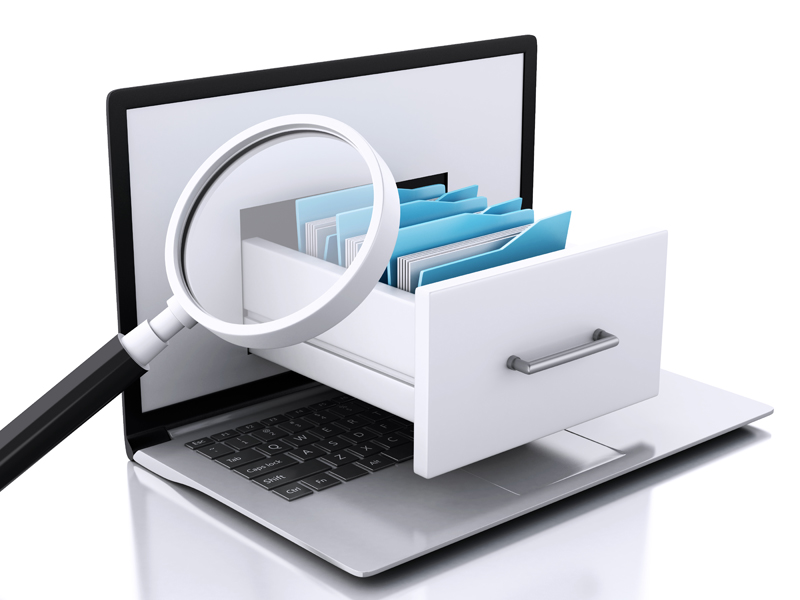 Without information, a fraud investigation goes nowhere. There are abundant sources of information on people and companies, and the availability of personal information on the internet continues to grow.
Without information, a fraud investigation goes nowhere. There are abundant sources of information on people and companies, and the availability of personal information on the internet continues to grow.
Doing a thorough fraud investigation often goes beyond just analyzing documents produced by the client. The best forensic accountants and fraud investigators are able to find additional sources of information to help crack the case. There is plenty of art to finding clues in an investigation, and it all starts with knowing what to look for and where to find it.
Private records
Fraud investigations rely heavily on the availability of private records. In the typical business fraud case, helpful internal records could include financial statements, tax returns, sales and receivable records, expense documentation, proof of payments to vendors, or other information from a company’s accounting system.
In addition to the usual internal records, other private records are often needed. Bank records can provide proof positive of how much money was paid or received. In cases in which a company’s accounting records have been compromised, these source documents are instrumental in reconstructing the finances.
Bank documents related to mortgages, credit cards and personal loans may also provide useful information, showing additional spending patterns and documenting assets and liabilities as reported to the bank.
How do you get your hands on the records? If you seek records from your own client, a specific document request list is a start. If employees aren’t sure what you need, sit down and go through what is available to determine what will meet your needs. Remember that customers or vendors of the client might have helpful information that could verify transactions.
If the records you need are held by an opposing party to litigation, you’ll have to wait for documents to be produced during discovery. You can help get the best documentation from the other side by working with legal counsel to formulate a good document request list.
Public records
A wealth of information is available from public records. Although they may not offer a big chunk of information at once like internal records do, they can provide invaluable bits of information that can be strung together to help solve a case.
It has never been easier for a fraud investigator to access public records which help locate people, value property, research the backgrounds of individuals and companies, and verify information found from other sources.
Court records, at both the state and federal level, can provide clues about family, friends and associates, as well as related companies or business entities. On a personal level, court records can point to a person’s financial, family, or legal troubles. Court records can provide information about business contract disputes, malpractice claims, bankruptcy filings, and more.
Vital records such as birth certificates, death certificates, marriage certificates and divorce records can provide personal information about people, such as family members, maiden name, place of birth or death, next of kin, addresses and employment.
Corporate registrations kept by state governments provide information including the name of the business, the registered agent and the address. State and local governments sometimes also require businesses to register, and these records are often referred to as “doing business as,” assumed names, or fictitious names filings.
Property ownership and tax records can provide information on ownership (past and present), sales price, legal description, buildings on the property, value of the property, tax bills and tax payment information. Real estate mortgages and Uniform Commercial Code (UCC) filings on equipment, inventory and other personal property are also available publicly.
Additional sources of information useful to the fraud investigator include tax liens, driver and motor vehicle records, academic records, professional licensing, stock ownership, intellectual property, and business and industry databases.
Some public records are only accessible in person, while many are available online. The key to using information found online is determining how reliable the data is. For example, some court systems disclaim the accuracy of online records, so it can be helpful to request copies of the actual court records to substantiate the data found online.
The proliferation of online databases and the Internet in general has had a major impact on the work of a fraud investigator. Free tools such as search engines have made it infinitely easier to find information on people and companies. Information that was likely thought of as obscure and difficult to find a couple of decades ago is now right at the fingertips of the forensic accountant.
The best use of publicly-available records means being aggressive in searching and seeking out information. Effectively using the Internet and search engines is an art unto itself, and knowing which government and private databases are available is imperative. Becoming a master of these resources will definitely enhance your fraud investigations.



